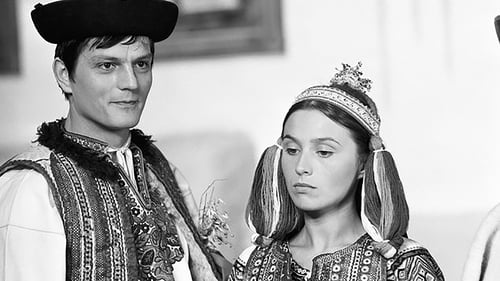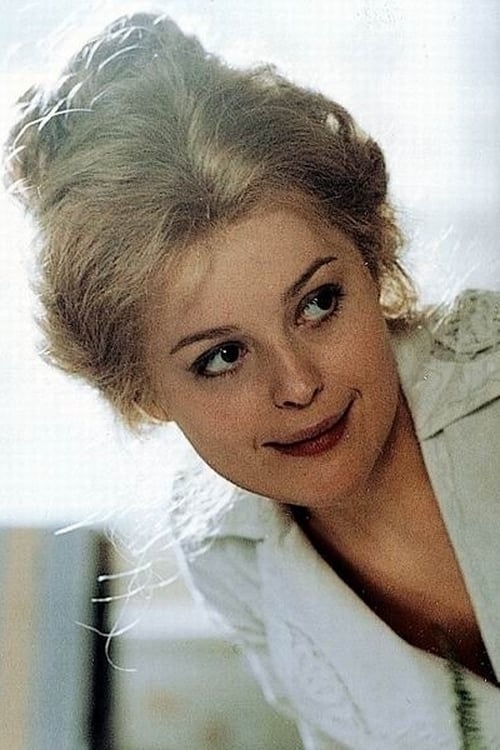
Magda Vášáryová
Nascimento : 1948-08-26, Banská Štiavnica, Czechoslovakia, Slovakia
História
Magda (Magdaléna) Vášáryová (* August 26, 1948, Banská Štiavnica) is a Slovak politician and former actress and diplomat. Since 2006, she has been a member of the National Council of the Slovak Republic for SDKÚ-DS. On 12 December 2013, she resigned from the party and until the start of the so-called The third government of Robert Fico (2016) worked in the National Council of the Slovak Republic as a non-attached member of parliament.
She began her successful acting career as a 15-year-old in the film Senzi Mama (1964).
From 1966 to 1971 she studied sociology at the Faculty of Arts of Comenius University in Bratislava. Since 1970 she has worked as an actress in the Korze Theater, the New Stage (1971 - 1983) and in the Slovak National Theater (1983 - 1990). She is the author of book memoirs about Banská Štiavnica Short Letters to a Town (1988).
In 1988 she was awarded the title of Merited Artist.
From 1990 to 1993, she served as the Czech-Slovak ambassador to Austria. During the diplomatic mission, she lived with her daughters in Vienna while her husband stayed in Bratislava. While they provide wife support for diplomats, Vášáryová, as a diplomat, did not receive compensation for the diplomat's non-working wife. Václav Havel and Jiří Dienstbier enforced her compensation payment.
On May 3, 1993, she organized a meeting at home, where the Slovak Society for Foreign Policy (SFPA) began to form. From 1993 to 2000, she was its director. In 2020, she is the Honorary Chair of the SFPA Board. In 1998, she founded Občianske oko.
In the 1999 elections, she ran as an independent candidate for the post of President of Slovakia. She won 194,635 votes, 6.6%, in the election. She did not make it to the second round. She announced her candidacy in February 1999 in Banská Bystrica. She wanted to confirm the changes in 1989 and 1998. She was the first woman in Slovakia to run for president.
From 2000 to 2005, she served as Slovakia's ambassador to Poland. Its predecessor was Ondrej Nemčok and his successor was František Ružička. Since February 21, 2005, she has held the position of State Secretary of the Ministry of Foreign Affairs of the Slovak Republic in the second government of Mikuláš Dzurinda.
In the summer of 2005, she joined the SDKÚ. On 12 December 2013, together with Lucia Žitňanská and Miroslav Beblavý, she resigned from SDKÚ-DS.
Since November 15, 2013, she has been the president of the Živena association. Her goals after the election were “I still have three goals within Živena. One of them is, in particular, the modernization of communication, the addition of a membership base, and I would also like to raise more money in more modern ways, for example in the form of grants. " Her predecessor was Zora Breier.
In 2016, she did not run for parliament again. In addition to Živena, she also led the Institute for Cultural Policy. He also teaches at the CEVRO INSTITUTE in the Czech Republic.
In 2016, The Prague Society for International Cooperation awarded her the Hanno R. Ellenbogen Prize for Civil Service and the Lifelong Fight against Corruption.
Sister of the actress Emilie Vášáryová. The first husband was the actor Dušan Jamrich. The second husband is Milan Lasica. He has two daughters.
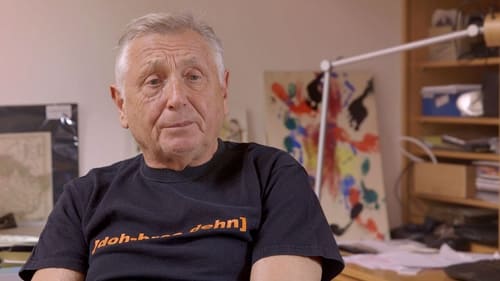
Self
Documentary feature about Czech director Jiří Menzel, featuring Menzel himself as well as Miloš Forman, Emir Kusturica, István Szabó and others.
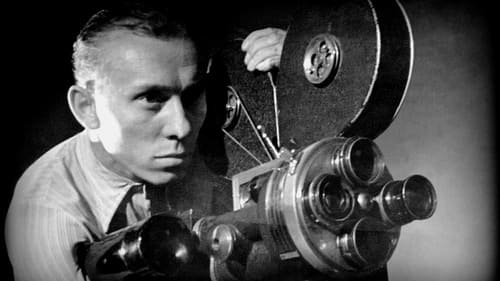
Self
A look at the life, work and importance of Czech filmmaker Karel Zeman (1910-89), a genius of world cinema, a wizard of special effects, revealing his sources of inspiration and his revolutionary filming techniques.

In Bratislava at the end of the 1980s, two estranged sisters try to make up with each other while balancing their private lives and careers.

Jirina
The story takes place in the Czech-German border region in 1938. The hero Tomás Jakl marries but the marriage is not very lucky and falls apart. His German friend forced him to enter the Nazi party.

Mária Jurkovičová
Based on the eponymous novel by Ladislav Ballek.

Calma Veselá
The film tells the exciting life of the great Czech composer Leos Janácek (1854-1928), also known by the thick silver hair that crowned his head and his strong character, which could overcome the adversities of fate.

Soňa
This film is a psychological study of a woman who chooses solitude as an escape from the duplicity and emotional barrenness of the men around her.

Tereza
Tereza lives and works in Prague. She meets a handsome man, Tommie, speaking in a language incomprehensible to her. It seems that he is the manager of the Finnish ice hockey team. A love story starts to blossom. When the coach of the Czech ice hockey team tries to use Tereza to retrieve information about the strategy of the Finnish team, Tommie leaves Tereza. Will Tereza be able to clear up this misunderstanding?

This downbeat, grim drama about three brothers who are reunited at their mother's funeral is actually visually as dark as its story, making it difficult at times to clearly distinguish a scene. These brothers are not particularly exceptional as people go, but at least they have branched out into separate vocations in their lives. One brother is a doctor, another is a criminal, and the third is a bus driver. Like others in Europe, they suffered through World War II, yet no matter what their backgrounds and experiences, their interpersonal relationships are not exactly gripping drama.

Sophie
Jules Massanet's lyrical opera is transformed into a superb film production by Petr Weigl, shot on location in Prague, with music conducted by Libor Pesek. First produced by the Vienna Opera in February 1892, "Werther" rapidly confirmed Massanet's position on the French opera scene and achieved enormous popularity outside France, notably in Italy, America and England. The tragic story tells of Werther's intense passion for Charlotte, who has married his best friend, Albert, fulfilling a pledge to her now deceased mother. But Werther's letters of love bring Charlotte to his side when he promises to take his own life.

Kris
A remake of Vávra's 1948 atomic age thriller Krakatit.
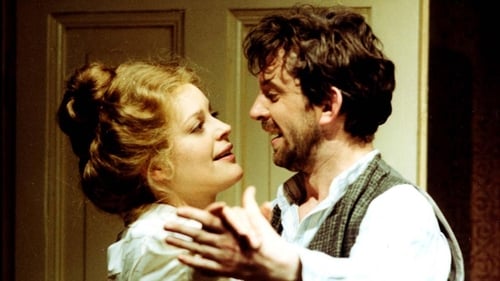
Maryška
Francin, manager of a small-town brewery, has a charming wife whose abundant blonde locks are an adornment to the town. Maryska looks ethereal but loves meat and beer, while Francin is an ascetic. The strict members of the brewery board of directors come to audit the accounts, but are diverted from concentrating on Francin's detailed reports by Maryska, who has organized a pig-killing feast and is ably assisting the butcher. When she invites the old curmudgeons on the board to enjoy the fresh pork, they are too happy to agree. Francin doesn't know whether he is going to get a permanent contract. To make things worse his brother Pepin - eccentric, noisy and garrulous - turns up on an indefinite visit.

Rusalka
Three arias from Antonín Dvořák´s fairytale opera Rusalka turned in to a movie, sung by Gabriela Beňačková (Rusalka), Libuše Márová (Witch), René Tuček (Hunter).

Bernátová (voice)

Jana Varajová (voice)
A picture of generational confrontations between children and parents. A young and ambitious violin virtuoso, Peter, lives in long-lasting conflicts with his father. Only after his death Peter realizes how much he had been hurting his father. Still, not even the tragedy can make a change in his shallow life in stereotype.

Žofka
A television film based on a play by Ján Kákoš with the theme of Slovak National Uprising.

Anita (voice)

Ottilie
Eduard and Charlotte live an isolated and idyllic life together. But soon Eduard feels that something is missing and he invites his friend Otto to come stay. Charlotte, meanwhile, decides that her foster daughter Ottilie should come live with them. Complex and passionate relationships between the four people begin. Based on Goethe's novel of the same title.
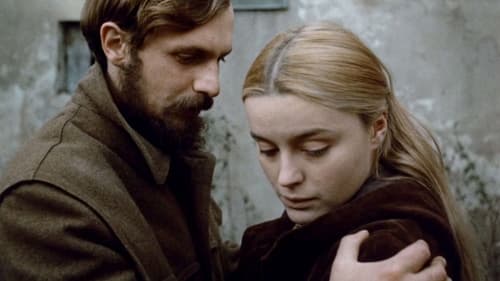
Maruška Kudeříková
This film, chronicling the last days of Czech resistance fighter Maruska Kuderikova (played by Magda Vasaryova), is based on her diaries. Though she was tortured and eventually executed by the Nazis, her diaries indicate that she was optimistic for the humanity of her captors and did not by any means hate them. Told with simple dignity, this film makes clear why Maruska became a national hero.
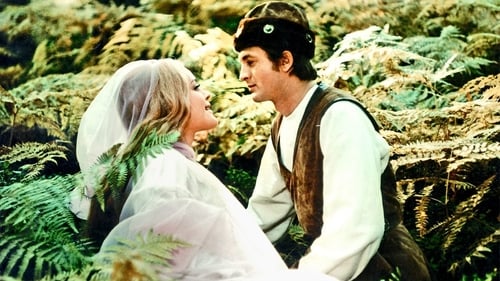
Princess Slavěna
The hero of this popular fairy tale is a young prince who, after the death of his parents, goes out into the world. During his travels he meets a magical talking horse and falls in love with the beautiful princess Slavna. On the advice of his horse, he binds one eye and pretends to be dumb and enters into service as the castle gardener.

Hortensie
A tale based on novel by Czech writer Bozena Nemcova.
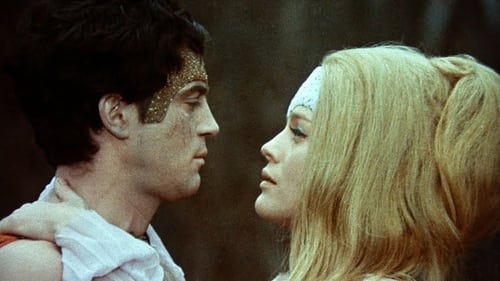
Mahulena
Radúz, the son of a Magurian king, has lost his way hunting in the territory of the Tatra King Stojmír. He learns from his loyal servant Radovid the reason behind the two countries' conflict. When Radúz's mother Nyola married his father, the rejected wooer Stojmír married the evil Princess Runa. Runa out of jealousy continually incites hatred for Maguria. Radúz and Radovid have only just crossed the border when an army commanded by Runa detains them. The white deer that Radúz has killed belongs to the youngest of Stojmír's three daughters, the beautiful and delicate Mahulena.

Angelika, dívka z Valencie
When a comet passes the Earth very closely, it pulls a small part of North Africa, and a small swathe of humanity, along with it.

Jeune Marthe
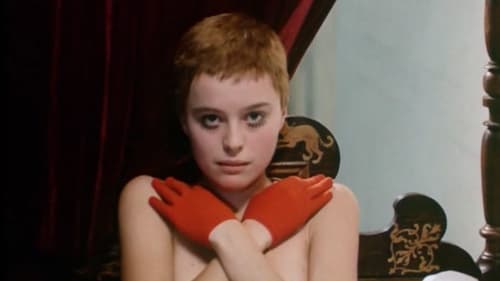
Marta
Feito sob a sombra da invasão soviética na Tchecoslováquia em 1968, este clássico da 'New Wave' tcheca foi suprimido por mais de 20 anos, sendo liberado apenas em 1990. Este selvagem trabalho de vanguarda, retrata um mundo devastado pela guerra, incidindo sobre dois amigos que moram com um senhorio louco que deserdou a Igreja e acabam se envolvendo com uma linda jovem judia abandonada. Os três tentam criar um sentimento de família e de lar, cada um dedicado a reproduzir o tolo, como meio de se distanciarem do horrores que têm absorvido e da loucura do mundo que os rodeia.
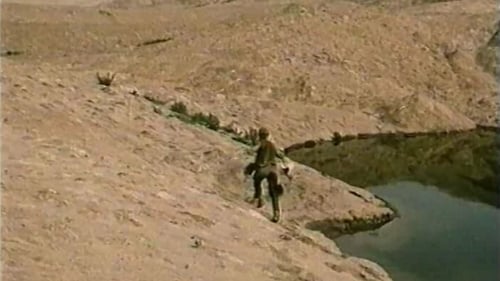
Dominika (segment "Dominika")
An apocalyptic story of three wars in three film tales encompassing the end of the WWI,WWII, as well as a vision of the world destroyed by nuclear weapons. This film was honored at the film festivals in Venice and Sorrento. Immediately after that the copy with Italian subtitles was locked in a safe as evidence of the anti-communist activities of the director, who used real footage of the Soviet invasion.

Kalimagdora
A man changes his behavior according to the term of the year.
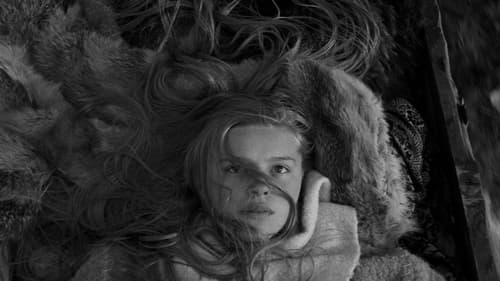
Marketa Lazarová, Lazar's daughter
Marketa Lazarova é um épico medieval poderoso, situado no século Xlll. Baseado na obra do escritor Vladislav Vancura, o filme segue a rivalidade entre dois clãs guerreiros, os Kozliks e os Lazars. Lazar segue o cristianismo e é pai da jovem Marketa Lazarová. Quando Lazar recusa-se a ajudar Kozlík numa guerra, Mikolás, o filho de Kozlík, sequetra Marketa, que se preparava para entrar num convento. Mas o amor dos filhos dos rivais, Mikolas Kozlik e Marketa Lazarova, é condenado por ambas as famílias.

Krotká is a 1967 Slovak black-and-white produced by TV a psychological drama directed by Stanislav Barabas on based a short story A Gentle Creature by Fyodor Dostoyevsky.












